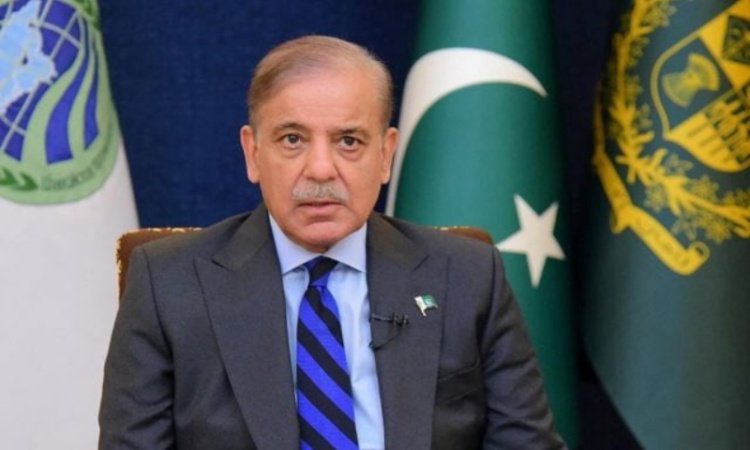Islamabad, March 22, 2025: Prime Minister Shehbaz Sharif has reaffirmed the government’s commitment to mitigating climate-induced flood risks and combating drought through the Recharge Pakistan initiative, which employs ecosystem-based adaptation strategies.
In a message marking World Water Day on March 22, he highlighted the broader efforts under the Living Indus initiative, which encompasses 25 priority interventions—ranging from promoting nature-based agriculture and restoring the Indus Delta to curbing industrial pollution and investing in green infrastructure.
“As the world observes World Water Day 2025 under the theme ‘Glacier Preservation,’ we are reminded of the crucial role glaciers play in sustaining global freshwater supplies and the urgent challenges we face in safeguarding this resource,” the prime minister stated.
He emphasized that water is the cornerstone of life, integral to economies, food security, and the environment. However, he warned that this essential resource is under unprecedented stress, with nearly half of the world’s population experiencing water scarcity at some point each year. Additionally, billions still lack access to clean drinking water, and water pollution is escalating at an alarming rate.
“Our wetlands are vanishing three times faster than our forests. This is no longer a distant threat—it is a global crisis that demands immediate and collective action,” he cautioned.
Shehbaz Sharif underscored that Pakistan is at the forefront of these challenges, being heavily reliant on glaciers, rivers, and aquifers for its water supply. The accelerating impact of climate change and population pressures is exacerbating water-related crises.
He reflected on the catastrophic floods of 2022, which inflicted severe damage on irrigation systems and disrupted millions of lives and livelihoods. Meanwhile, droughts pose an equally grave threat, with 80% of Pakistan’s land classified as arid or semi-arid and 30% of the population facing drought-like conditions.
“Pakistan ranks among the ten countries most vulnerable to climate change,” he noted, adding that the nation’s average temperatures are projected to rise faster than the global average.
With over three-quarters of Pakistan’s water resources originating beyond its borders, he stressed the importance of transboundary water cooperation, calling for the effective implementation of the Indus Waters Treaty to ensure national water security.
On this World Water Day, the prime minister urged the nation and the international community to take decisive steps toward glacier preservation, sustainable water management, and climate resilience.
“Let us reaffirm our resolve to safeguard our glaciers, protect our water resources, and work collectively for a water-secure, resilient future—for our people, our region, and our planet,” he concluded.








